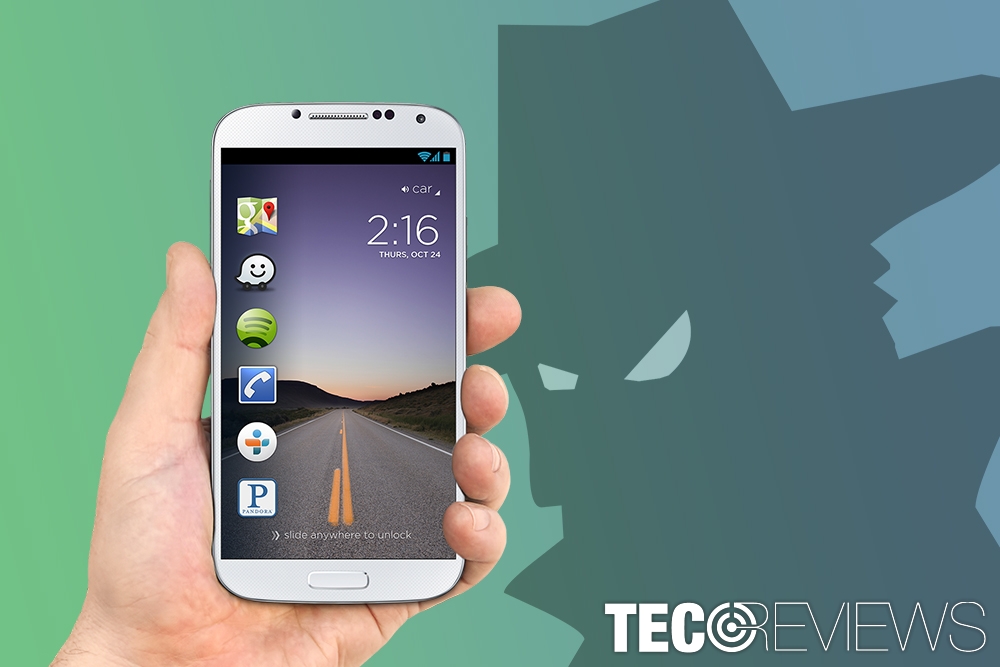Table of Contents
No one can imagine life without smartphones. They became our body’s extensions that simplify the life. With the help of useful apps, we remember to attend important meetings, pleasant dates, take more steps in a day or drink another glass of water. Indeed, smartphone apps are life savers. However, to operate properly, they need to get particular permissions. They might need to get access to your contact list, microphone, camera, location or even performing particular actions on behalf of you. Thus, you have to make sure that apps do not ask more than they actually need.

Managing app permissions is one of the most important security tips.
When downloading apps on Android smartphone, you always receive a pop up telling what permissions the app needs. Unfortunately, users rarely read what is written there and just click OK button. However, this action might be a huge mistake.
The most dangerous Android permissions
If you do not read what permissions you give to apps, you should read this part of the article attentively. It’s time for you to know what privacy-related issues you might cause to yourself.If you do not read what permissions you give to apps, you should read this part of the article attentively. It’s time for you to know what privacy-related issues you might cause to yourself.
Google warns about 20 permissions that classified as dangerous. Three of the most dangerous ask for access to the camera, microphone and sending SMS. However, there are much more

Paying attention to app permissions helps to avoid privacy-related issues.
Authenticate accounts
If you let the app to authenticate accounts, you let it know sensitive information, such as passwords. Usually, such permission is required by bogus apps that might seem legit. Thus, if you find such request, be careful.
If you let the app to authenticate accounts, you let it know sensitive information, such as passwords. Usually, such permission is required by bogus apps that might seem legit. Thus, if you find such request, be careful.
Read sensitive log data
This permission allows accessing handset’s log files and sending them to the developers. The problem is that this data include your usernames and passwords. Thus, your privacy is in danger.
Read contacts
If it’s not a communication app, you should think twice why it needs access to your contacts. Usually, this information is necessary for cyber criminals to spread malicious files, links or messages on your behalf and spread malware.
Process outgoing calls
If you are installing not a VOIP app and this permission pops up on the screen, you should stop the process immediately. Other apps do not need this permission to operate properly.
Send SMS
Before agreeing on this such permission, ask yourself why this app needs to send SMS messages? Probably, you may not think about any reasons why. Therefore, you should not let it do it if you do not want to be extra charged for it and pay for the services you do not need or use.
Write secure settings
Rough apps often ask for this permission to make your smartphone insecure and vulnerable. Thus, hackers might exploit this permission to infect your device or install malicious programs.
There’s no doubt that social media apps collect a bunch of information about you. However, other apps might be interested in your activities on Facebook, Instagram, Twitter or other services as well. However, you should not let anyone read the personal information provided in social networks. Some shady or malicious apps might collect not only your login details and passwords but security questions, phone numbers, address or other personally identifiable information too.
Camera
If it’s not a photography app, this permission should not be given. It might allow remote access to the camera, taking pictures and even sending photos to developers.
Microphone
Access to the microphone is one of the most dangerous and risky permissions you can give to the app. It allows recording your phone or real-life conversations. Thus, it might put not only your online security at risk. It might pose a danger to your safety in general
Two rules to be careful and manage app permissions like a pro

Make sure that you give the app only necessary permissions.
Protecting your smartphone and security from shady app developers is not a rocket science. You just need to remember two simple tips.
Read the requests for permissions
To avoid suffering from cybercrime, you have to set smartphone permissions wisely. It means, when you download the app, always read what permissions it asks and give them only if they match actual app activity.
Install apps from trusted sources
Avoid third-party app stores. If you use Android smartphone, always look up for necessary apps on Google Play Store. iPhone users should look up for apps in iTunes or Apple store.
However, before downloading the app, you should also:
- check the information about developer;
- read user reviews outside the store;
- read asked permission (yes, we told you that already!).
Keep in mind that hackers learned to bypass official store’s security. Thus, you should always double-check the information.
Check your app permissions!
If you download new apps without reading permissions, it’s time to do it now. Go to the installed apps folder and check what information you allow accessing. Usually, the majority of new Android smartphones let limit given permissions.
COMMENTS